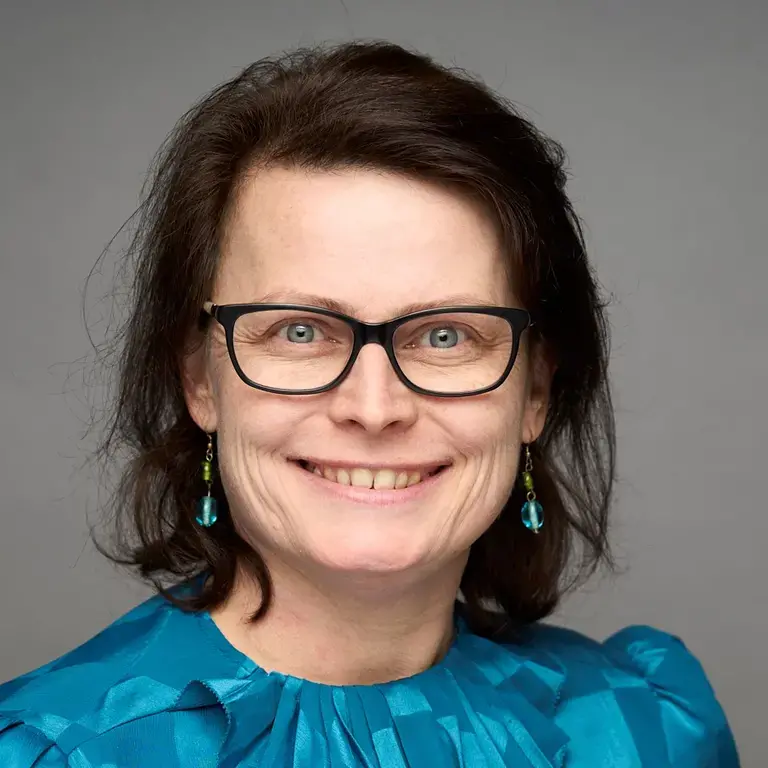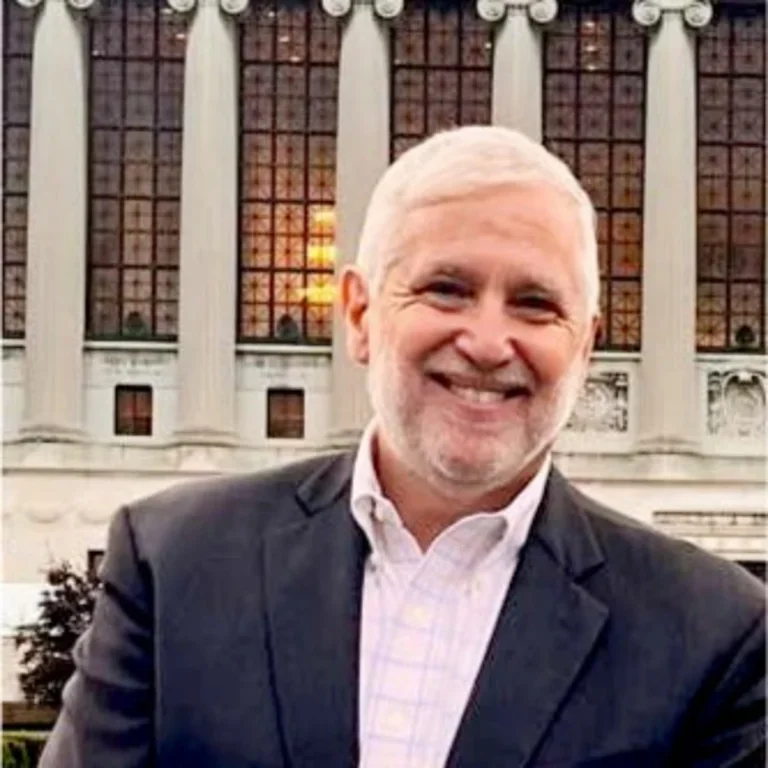Guest speaker Megha Rao visited Dr. Steve Safier and Tina Anderson’s class during the Summer 2022 session to share her expertise leading internal communications efforts for the Delta Air Lines In-Flight Services organization, which includes Delta’s 20,000 flight attendants and 600+ behind-the-scenes support staff.
In this highly-matrixed organization, Rao’s role requires direct partnership with other divisions as well as with Corporate HR. Building these key relationships means being brought into conversations earlier and having influence over what needs to be said – and how to say it. Knowing how to reach your audience is as important as the actual message being sent, Rao said.
Throughout her discussion of internal communications and change management, Rao demonstrated how Delta Air Lines uses data and HR analytics to drive the strategy and implementation. For flight attendants, efficiency is key. Rao’s team develops an understanding of what works best by “listening” – asking in advance through in-person conversations and surveys, and tracking data after the fact to see which channels are being utilized the most. They also studied the daily habits of flight attendants to understand their routines and the best timing for messages. Ultimately, the best strategy is to rely on multiple “channels” to engage a frontline population. At Delta, flight attendants have several apps on their iPhones, but Rao notes that email is perhaps surprisingly the #1 choice for this group. Even so, Rao notes that it’s still important to manage the volume of emails sent, as well as to be clear in the subject about what to expect in the message.
Change management is a key component of the internal communications role. When asked how she makes change engaging and inspiring to associates, Rao was clear: “Know the people you’re communicating with.” This reverse feedback loops happens three ways in her organization:
- Ongoing pulse surveys to gain frontline employee sentiment
- Use of a strong email marketing tool to understand more than just read/open rates
- Senior leaders and frontline leaders spending time with frontline employees, in both formal and informal discussions
Rao talked about cultivating a network of “change champions” to support the change – even when the change is overall positive. These employees must be clear on the vision and be ready to share it broadly. They must also be able to help the Internal Communications team understand the potential questions and concerns that might surface from the frontline. The Internal communications team, in turn, must equip these change champions with tools to address those questions and, overall, to succeed in their change champion roles. These can include FAQs, talking points, and more.
Rao finished her discussion with this career advice for students: “Take chances in your career. If you don’t love the role you land, find a way to get something out of it. Bring what you can to it to get the most out of the experience.” For those curious about internal communications, she notes that most large companies need communications to support large initiatives, which provides opportunity to get involved in this work.
We are grateful for an engaging discussion and opportunity to learn more about this very interesting field. Thank you, Megha Rao!




